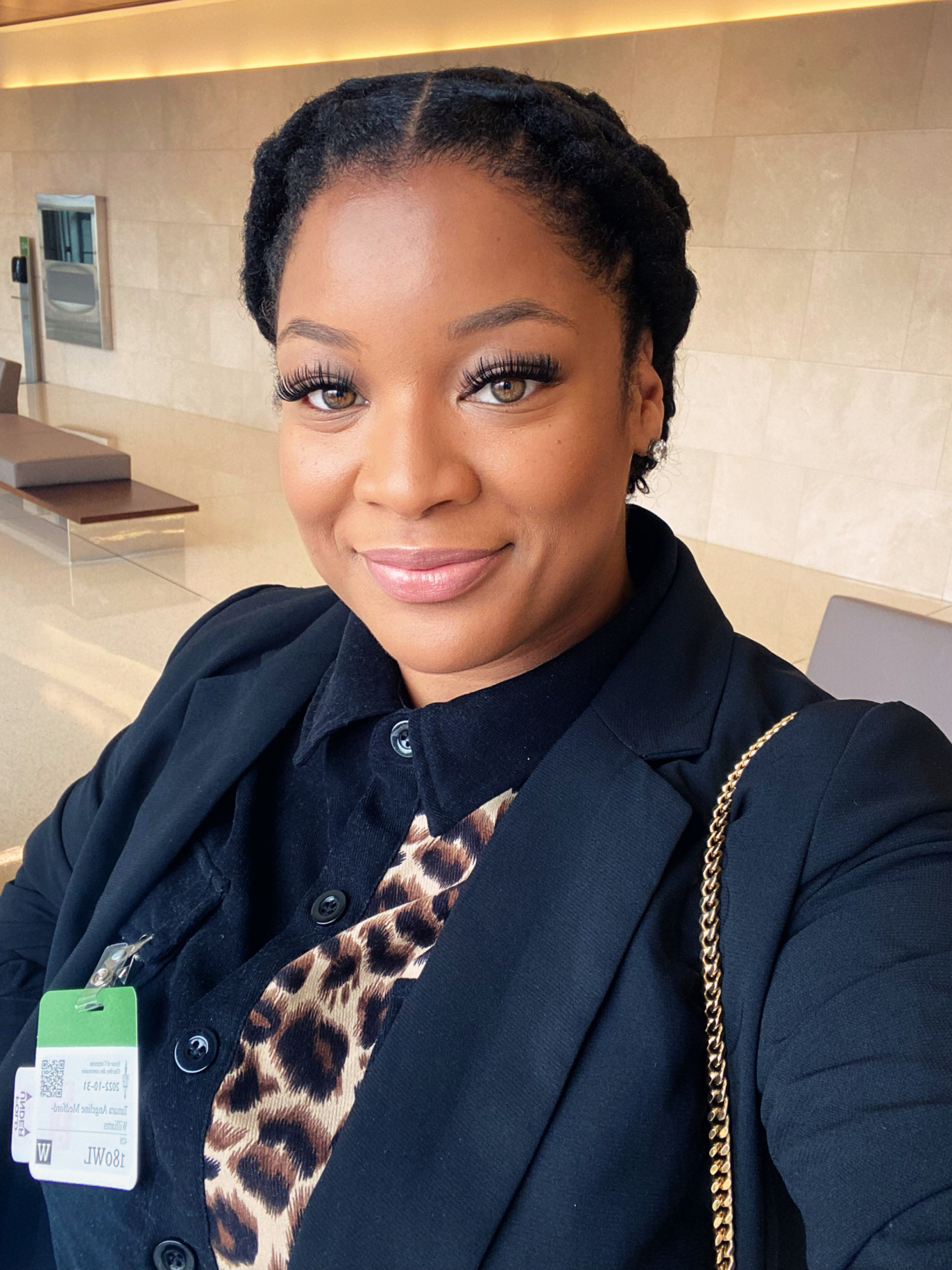Black Futures

by Tamara Angeline Medford-Williams
Black is what they use to qualify me, but I am more than a colour.
Black has become our cultural identity, but for me it is also a reminder of an unknown ancestry that was forcibly ripped away like blank sheets in a nameless book.
Our society, which is inherently rooted in anti-black racism, perpetuates Black History in the media with depictions of chained feet and rags for garments, and reminds members of the African Diaspora of a history that continues to plague us with the remnants of a colonial past. However, our history did not begin with enslavement.
Our Black skin represents royalty. It tells stories of warriors, matriarchs and kingdoms of gold and diamonds that paved the way for contemporary thought, architecture, arts and culture. Yet Black is what they demonized.
Our Blackness was dehumanized in order to label certain groups as ‘superior,’ but if it were innately so, communities would not have been disenfranchised, displaced and oppressed for others to feel distinguished. Nonetheless, our spirituality and connection to each other and the natural world have shown and taught us that we are human and deserving of love, respect and dignity.
Black is the absence of light, but even throughout the darkness imposed on us, we see, we feel and we know. We know that despite the trials and tribulations we have faced and continue to overcome, we are called to greatness.
As an Afro-Caribbean woman, Black History Month represents connection, cultural resilience and collective healing. Most importantly, it is a time to reorganize the social structure in which Black communities and individuals are placed and embark on a journey of Truth-telling.
Black is honesty: being forthright about our oppression. Our Indigenous counterparts on these stolen lands known as Turtle Island experience trauma that resembles our own. But still, internalized racism and the embodiment of settler colonialism have pacified the obligation and responsibility we have to the Truth.
Truth is, as Black people, we have a collective duty to resist the sociopolitical systems that cause oppression and inequality. Our Black history informs our future, and in order to achieve liberation we should act in and express solidarity with Indigenous sovereignty, as well as work towards social justice.
Black represents a fight for fundamental and transformative change; a change that must come from within us.
We are our ancestors' wildest dreams as well as the hope of our posterity. As Black people, we must do as those before us have done and continue to sit with the pain of the past to be able to convert that pain for social good.
Let us continue to work diligently to bring about the change we hope to see, not just for one month out of the year, but for eternity. So, as this Black History Month comes to an end, it’s time to dig deep within and ask ourselves; “What am I going to do today, to ensure that we all have a brighter future?”
Tamara Angeline Medford-Williams is the Director of Black Community Initiatives at DAWN Canada. She is a community enthusiast and servant leader at heart. Her lived experiences have led her on a journey of self-discovery and healing, and inform her academic and professional trajectory. Her goal is to continue serving individuals, communities, and organizations by offering services that are grounded in anti-oppressive, intersectional and culturally responsive frameworks.
